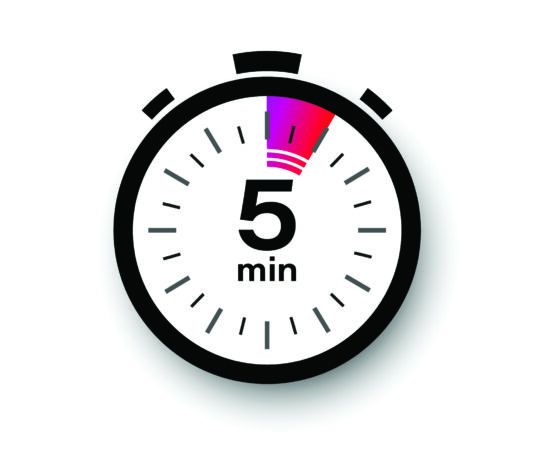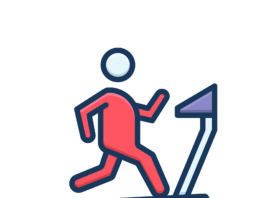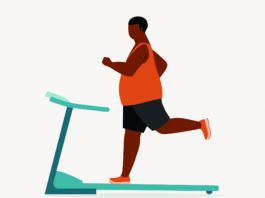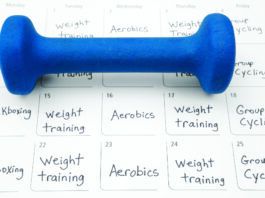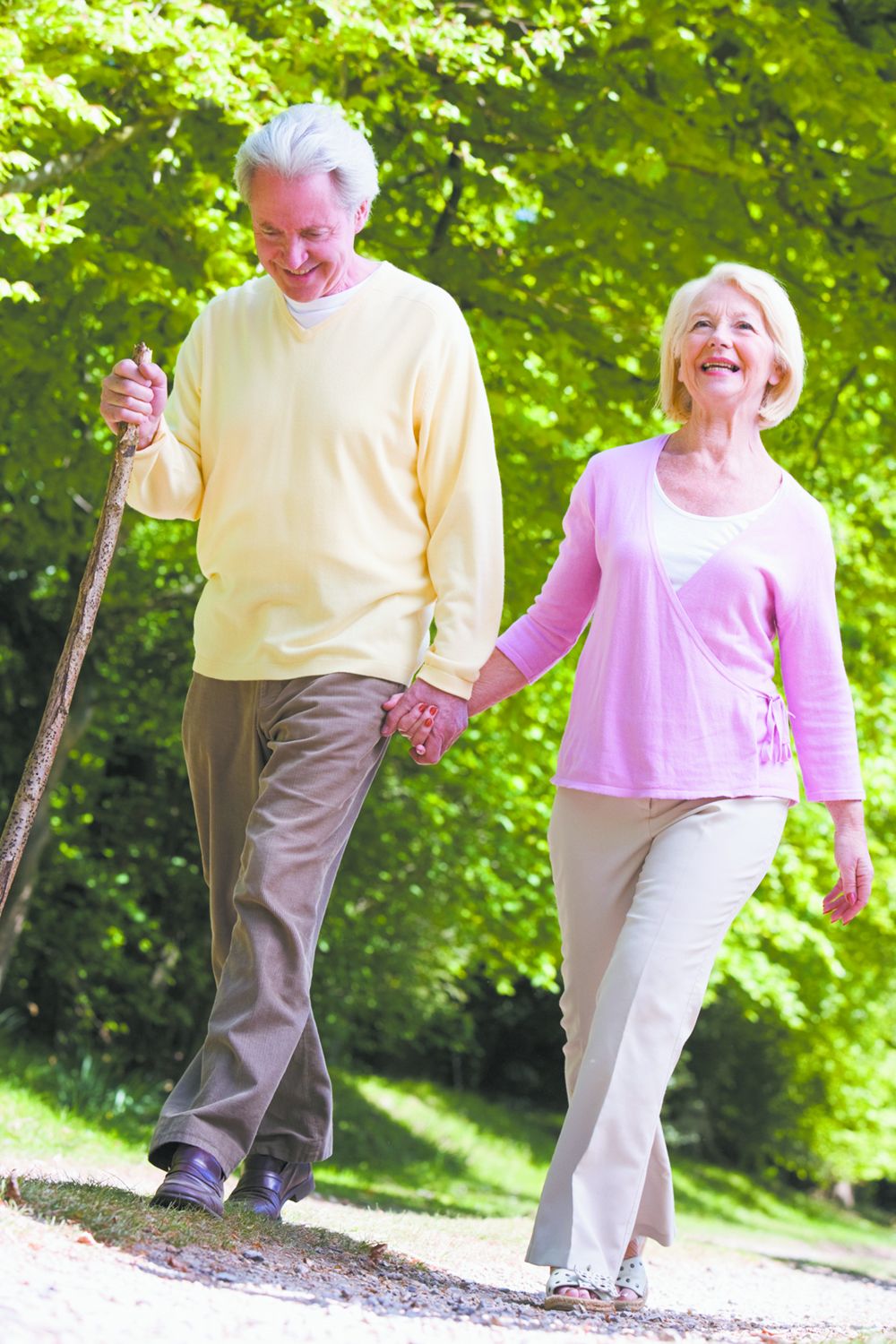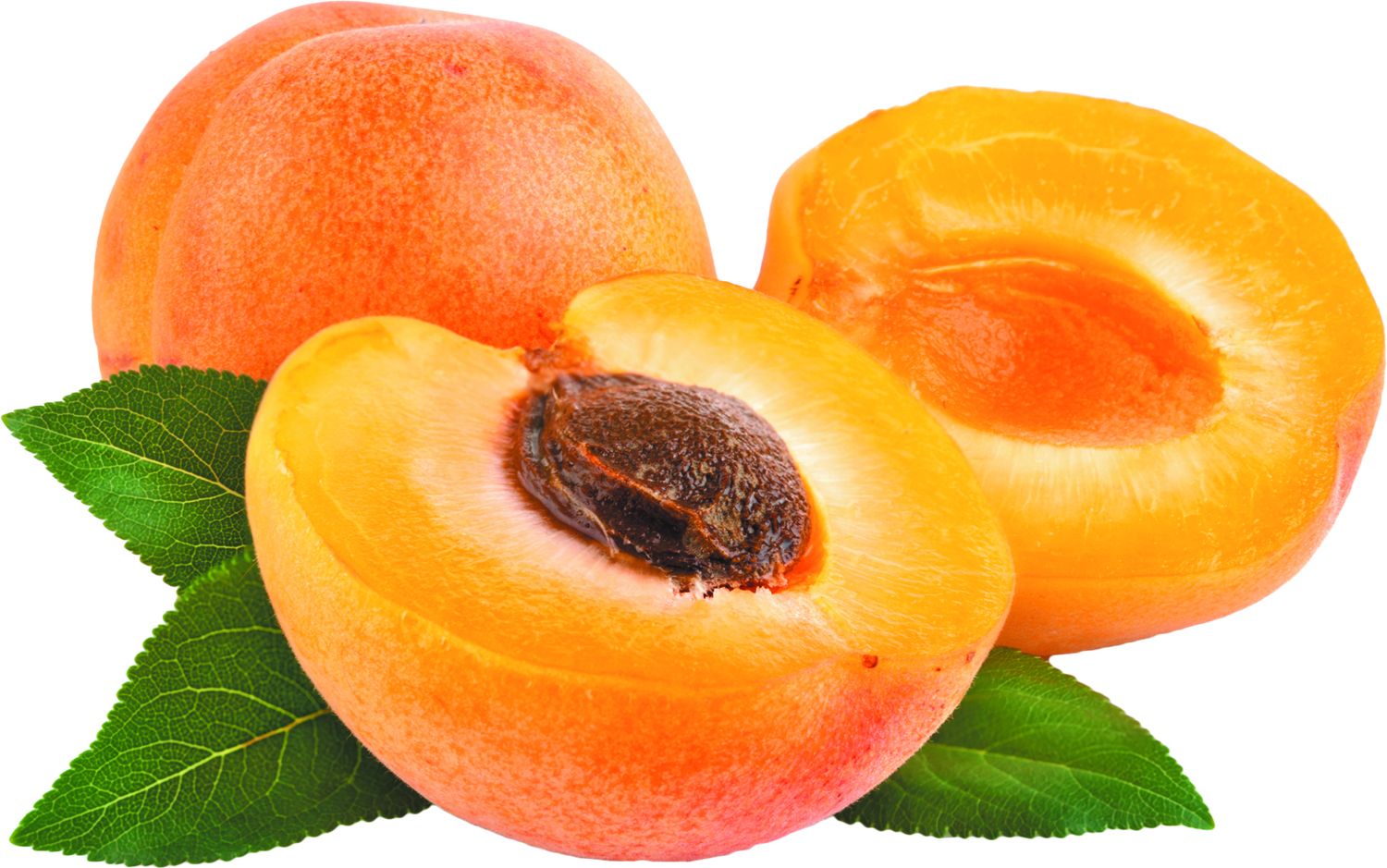Obesity Rates Plateau in 49 States
While US obesity rates remain at historic highs, only Arkansas has seen an increase in the percentage of adults who are obese, while the other 49 states hit pause in a three-decade trend of ever-fatter populations.
Walking as Good as Running, If You Have Time
Can you get the same health benefits from walking as from running? As long as you walk for a longer time, to expend a comparable amount of energy, a new study says the answer is yes. And those health benefits are significant, whichever form of physical activity you choose, including reduced risks of high blood pressure, unhealthy cholesterol levels, diabetes and coronary heart disease.
Eat Right for Strong Bones That Will Last a Lifetime
Are you feeding your bones a healthy diet? If not, the consequences could be serious. According to the National Osteoporosis Foundation (NOF), some 10 million Americans suffer from osteoporosis, which makes bones less dense and more susceptible to fractures. Another 34 million people are at risk for the condition. Osteoporosis will cause about half of all women over 50 to break a bone at some point in their lifetime, the NOF estimates. One-third of those who suffer hip fractures will require nursing-home care, and one-fifth will die in the first year after the fracture.
Q: You say not to suck in your gut when measuring ones waist. But...
Answer : A Studies that have focused on the dangers of a big belly point out that waist circumference is strongly associated with the presence of fat tissue surrounding the organs in the abdomen.
Q: Do diet and exercise have the same benefit for someone who has led...
Answer : The good news (unless youre looking for an excuse to slack off exercising)...
Q: Is exercise safe for people with chronic obstructive pulmonary disease (COPD)?
Answer : Rebecca Seguin, PhD, an adjunct assistant professor at Tufts Friedman School and an assistant professor at Cornell University, replies...
Q: Im a 70-year-old male whose usual exercise is weight training with relatively heavy-duty...
Answer : Roger A. Fielding, PhD, director of Tufts HNRCA Nutrition, Exercise, Physiology and Sarcopenia (NEPS) Laboratory, answers...
Q: The American Heart Association recommends at least five days a week of 30...
Answer : A Miriam E. Nelson, PhD, director of Tufts John Hancock Center on Physical Activity, Nutrition, and Obesity and vice-chair of the committee for the US governments first-ever Physical Activity Guidelines...
How Much Walking to Burn Off That Burger?
If you knew it would take two hours of brisk walking to burn off the calories in that quarter-pound double cheeseburger, would you be less likely to order it?
Most Fall Short of Exercise Guidelines
Only about one in five US adults is meeting the overall exercise guidelines set by the US government





















